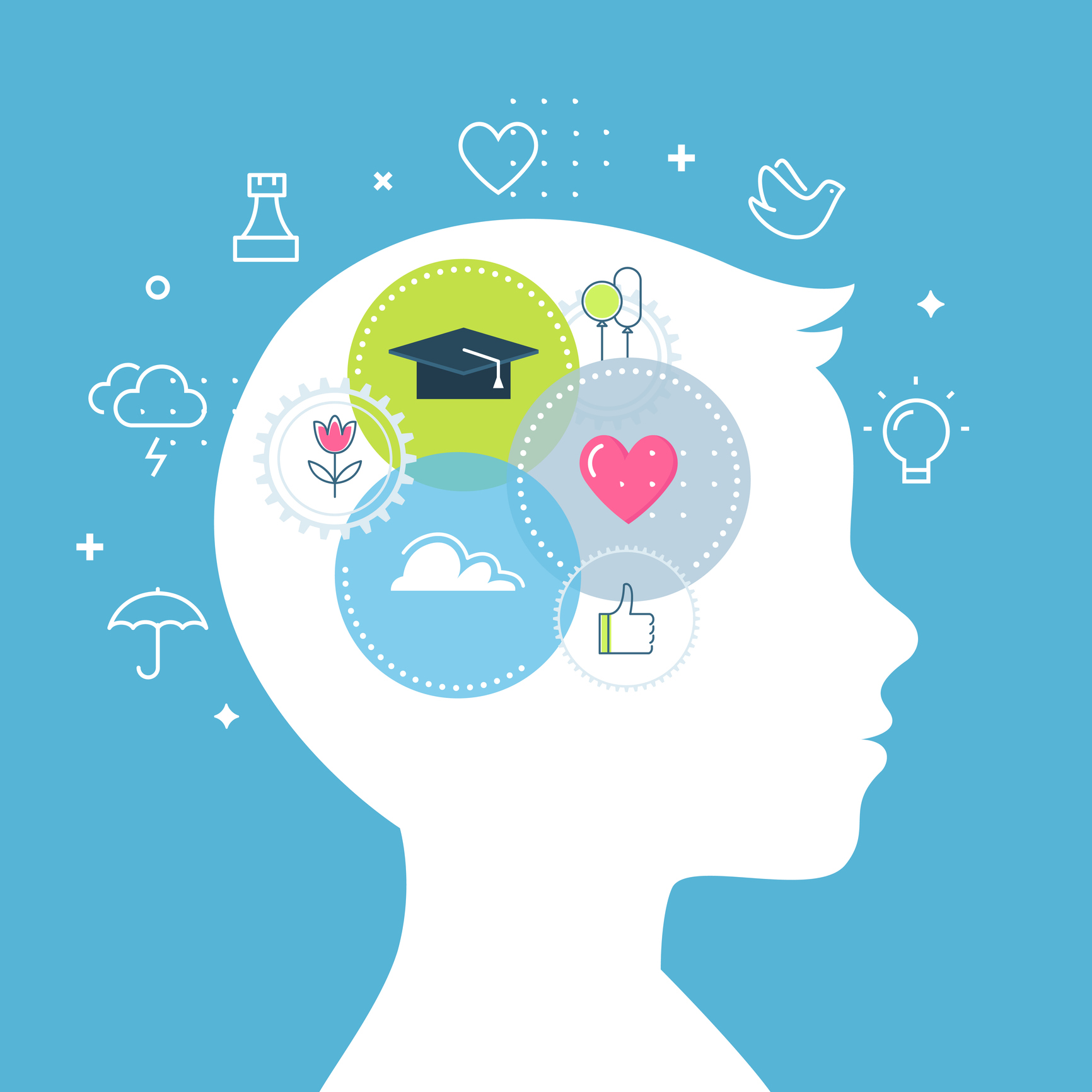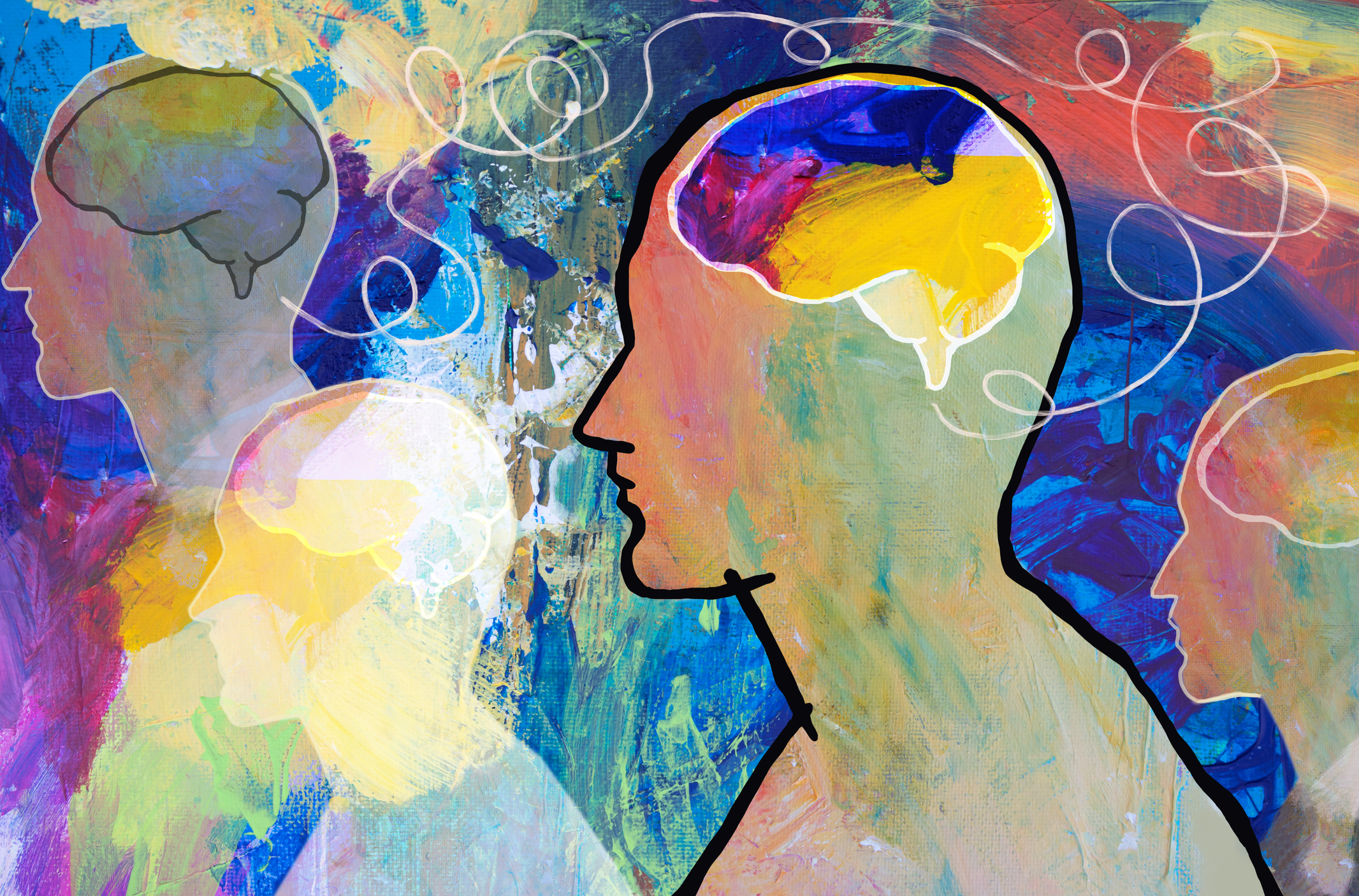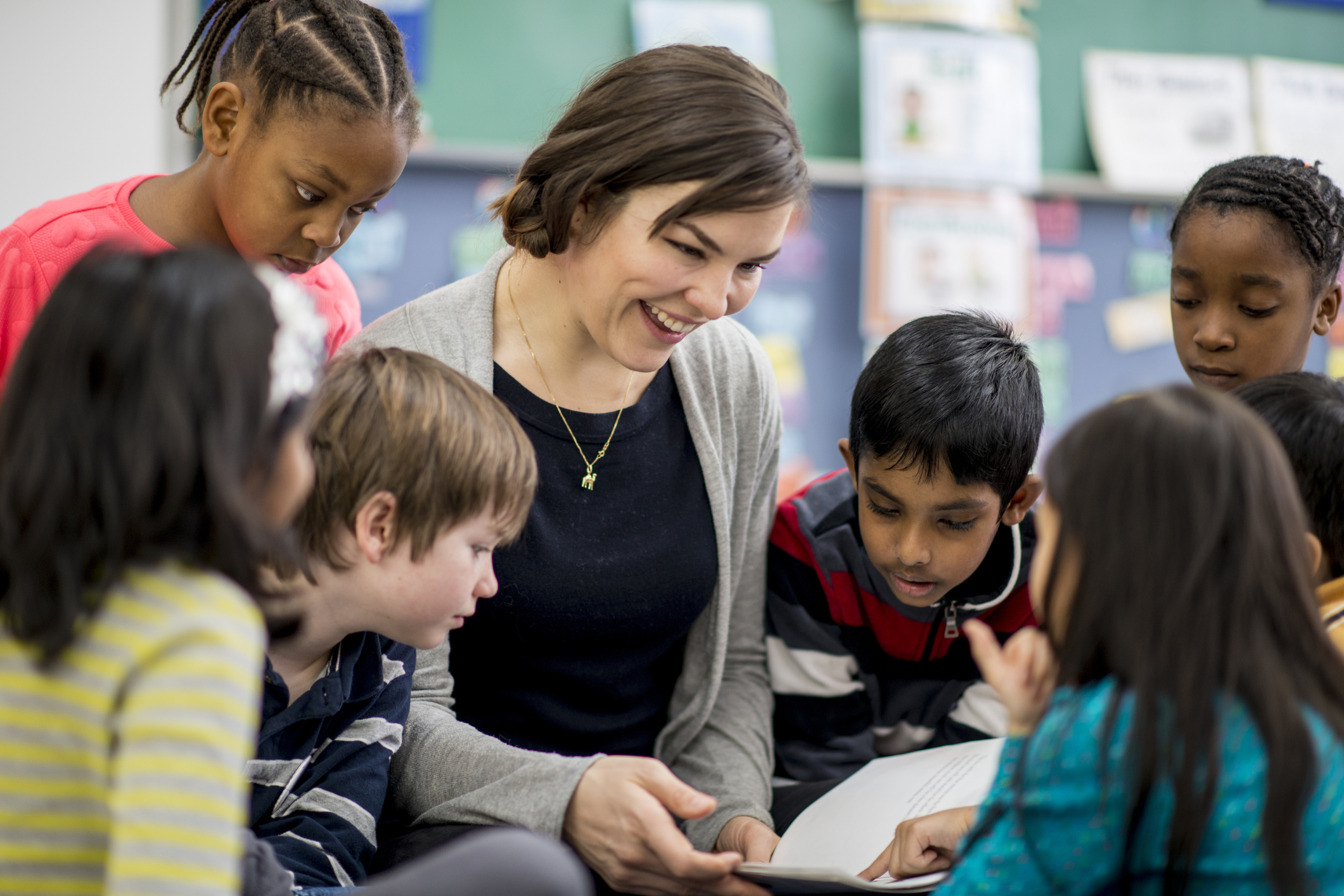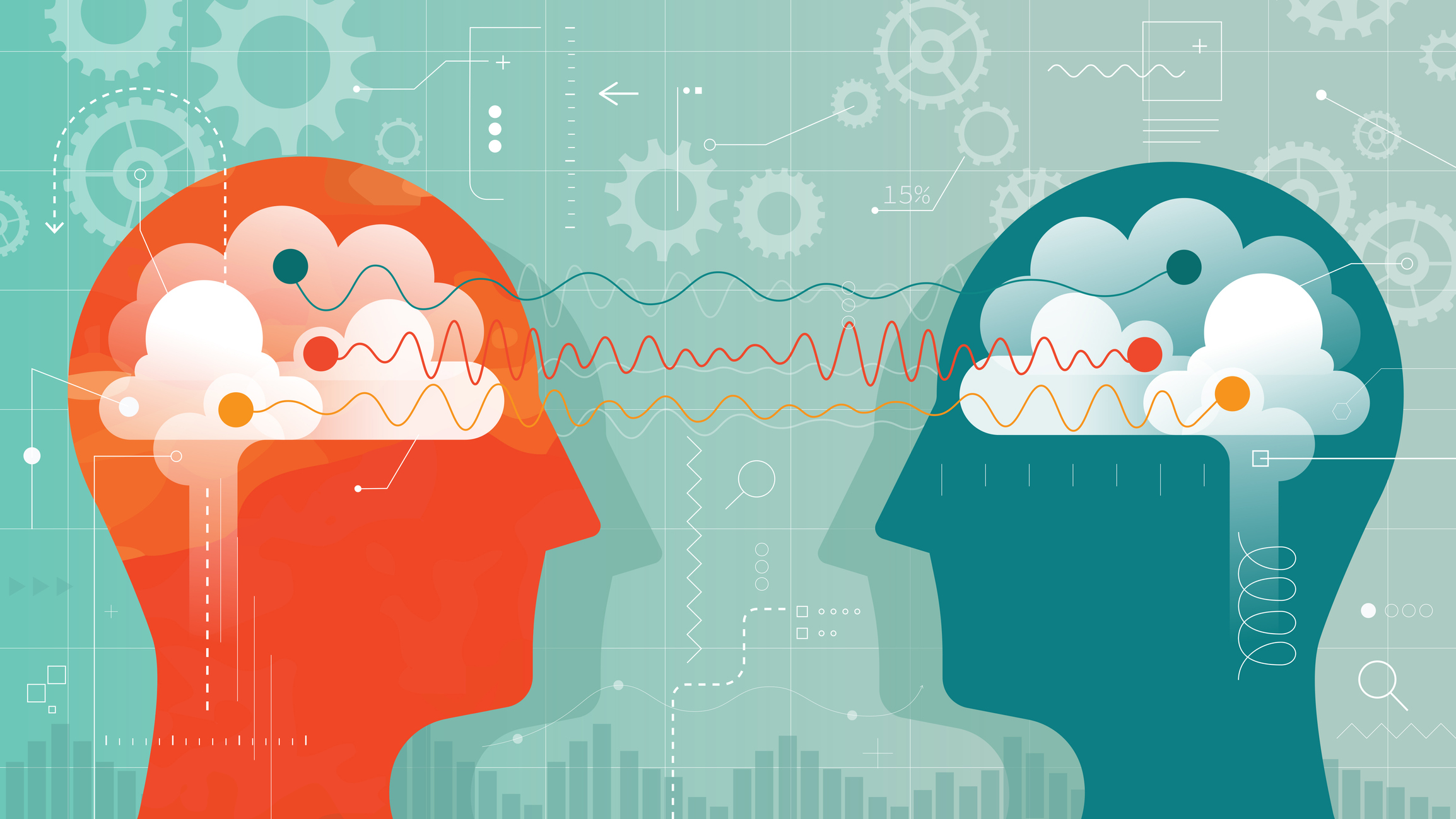In a world characterised by rapid technological progress and shifting cultural dynamics, a pivotal question arises: How can we consciously mould the future for generations to come? This inquiry forms the core of our exploration into the realm of intentional relational enrichment. This article navigates the intricate web of trans-generational change, focusing on the profound influence of early childhood experiences and the intersection of biology, human connection, and societal advancement.
Unveiling the Power of Trans-Generational Change
Unleashing Human Learning’s Potential
Embedded within the human psyche is an exceptional capacity for trans-generational change. Rooted in our innate ability to learn, assimilate, and pass down cumulative experiences, this process is intricately woven into our neurological fabric. Our cerebral neo-cortex, the epicentre of our cognitive prowess, acts as the vessel for storing values, ethical principles, and intricate concepts. Through this cognitive brilliance, we transmute centuries of knowledge into guiding principles for the future.
The Evolutionary Shift: Traditions and Innovations
Within the tapestry of time, the relentless march of change has reached unprecedented heights. The transition from age-old traditions to groundbreaking innovations has birthed an array of marvels, both transformative and detrimental. From the captivating allure of screens to the constructs of modern families, every creation moulds our existence and shapes the values we bequeath. However, a formidable challenge arises: distinguishing between the heirlooms of wisdom and the relics of the past.
The Role of Enriching Relationships
Forging the Fabric of Relationships
Human evolution pivots upon our innate talent for forming and nurturing relationships. As vulnerability guided our early ancestors, cohesive communities emerged, providing solace, support, and a sense of unity. These intricate bonds have not only sculpted our physiological and psychological maturation but also dictated how we respond to stress and nurture our emotional well-being. Eons ago, society thrived on constant interaction, tactile connections, and heartfelt communication, a stark contrast to our current era of individualism and digital immersion.
Early Childhood’s Neural Symphony
The crucial juncture of early childhood ushers in unparalleled neural adaptability and receptivity. Neural pathways are etched and fortified through repetition, becoming the bedrock for cognitive and emotional growth. Nurturing relationships during this formative phase lays the groundwork for robust stress management, emotional equilibrium, and social acumen. Conversely, children raised in less supportive environments, marked by relational scarcity, may develop maladaptive coping mechanisms and latent health issues.
Screens and the Digital Paradigm
The digital realm’s embrace has revolutionized the developmental trajectory of children. Alas, excessive screen time impinges on the neurobiological networks governing stress and reward. The impoverishment of profound human interactions due to digital engagement risks stifling emotional intelligence, empathy, and effective problem-solving skills. In this delicate balance, the challenge lies in harmonising technological evolution with the preservation of innate human connections.
Navigating Forward with Purpose
Embracing Intentional Relational Enrichment
Amid the tumultuous seas of change, intentional relational enrichment emerges as a potent elixir. Just as we champion mathematics, sciences, and language, so must we champion the cultivation of social-emotional aptitudes. Crafting curricula that foster meaningful connections, empathy, and adept communication equips forthcoming generations to navigate life’s labyrinth. This proactive stance safeguards essential human virtues from erosion, ensuring a society that flourishes holistically.
Unveiling Consequences with Clarity
Neglecting intentional relational enrichment bears profound repercussions. A society steeped in relational scarcity may engender individuals bereft of emotional intelligence, compassion, and effective interpersonal finesse. Escalating psychopathy scores among recent generations illuminates the urgency of addressing this shortfall. A lopsided focus on academics while sidelining social-emotional development risks spawning a generation unprepared to grapple with their era’s challenges.
Conclusion: Illuminating the Path Ahead
Within the kaleidoscope of human evolution, preserving our innate capacity for profound relationships and meaningful bonds is paramount. Understanding the profundity of intentional relational enrichment in early childhood becomes a rallying cry for change. Our duty is to prioritize the cultivation of emotional intelligence, empathy, and adept communication in our progeny, endowing them not only with technological prowess but also with shared values intrinsic to our humanity. By embracing this mission, we carve a path that upholds our humanity, shaping generations poised to redefine the tapestry of tomorrow.







